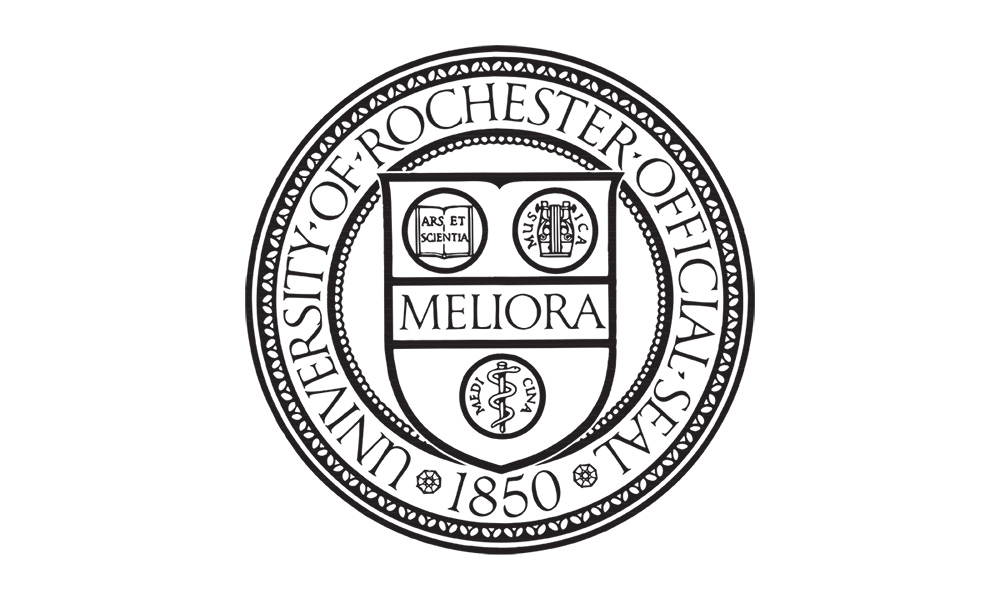Deeply concerned about significant federal budget cuts to research and higher education at a time when other nations are steadily increasing investments in those areas, University of Rochester President Joel Seligman joined 165 other university presidents and chancellors in calling on leaders in Washington to close what they call the “innovation deficit.”
In an open letter to President Barack Obama and Congress, Seligman and the other university leaders wrote that closing the innovation deficit—the widening gap between needed and actual investments in research and education—must be a national imperative. The higher education leaders noted that investments in those areas lead to the types of innovation and new technologies that power the nation’s economy, create jobs, and reduce the budget deficit while ensuring the U.S. maintains its role as global leader. Over the last decade, U.S. research and development expenditures as a share of economic output have remained nearly constant in the U.S., but have increased by nearly 50 percent in South Korea and nearly 90 percent in China.
The university leaders’ initiative comes as Congress faces critical budget decisions in the coming months. Annual funding bills, the debt limit, and measures to eliminate or modify the deep across-the-board spending cuts forced by sequestration could all be taken up this fall. While the legislative path for those measures remains unclear, the presidents and chancellors noted that targeted investments in research and student aid can and should be made regardless of overall funding levels because they would be key sources of long-term economic growth and fiscal stability.
“The academic laboratories, classrooms, and clinics at our University and other research universities are a wellspring of new ideas and talent that have a direct impact on job creation, help stimulate innovations that fuel the region’s high-technology and biotechnology commercial sectors, and affect the overall health of our community,” said Seligman. “Fueled by the federal government’s investment in research, student aid, and health care, this model has generated tremendous local and national economic benefit. America’s research universities play an essential role in our economy.”
“The University of Rochester has been one of the most productive research institutions in the nation with almost $2 billion in total research funding over the past five years, the majority of which comes from federally sponsored research agencies, including the National Institutes of Health, the National Science Foundation, the Department of Energy and the Department of Defense. The University has a proud history of leveraging federal funds to develop technologies and research with a global impact, including pioneering work in fields such as vaccine development, optics, cardiac arrhythmias, and medical imaging that has touched millions of lives,” said Seligman.
A recent example of this critical linkage for innovation is the new partnership announced this week among the University of Rochester, University of North Carolina-Charlotte, optics industries and the federal government to create a new Center for Freeform Optics. The center, focused on transforming 21st- century optical science with innovation that goes beyond traditional spherically symmetric lenses and mirrors, will receive over $4 million in combined federal, industry and academic funding. The funding includes a five-year grant, starting on Aug. 1, from the NSF Industry/University Cooperative Research Centers Program that will provide seed funding to both universities to enable industry/university partnered approaches in emerging research areas.
The open letter, including a list of all of its signatories, as well as a fact sheet on this issue can be viewed at http://www.innovationdeficit.org/. The letter was published as an advertisement in Politico on July 31. The 165 universities represented in the letter are all members of the Association of American Universities, of which the University of Rochester is a member, and/or the Association of Public and Land-grant Universities.





